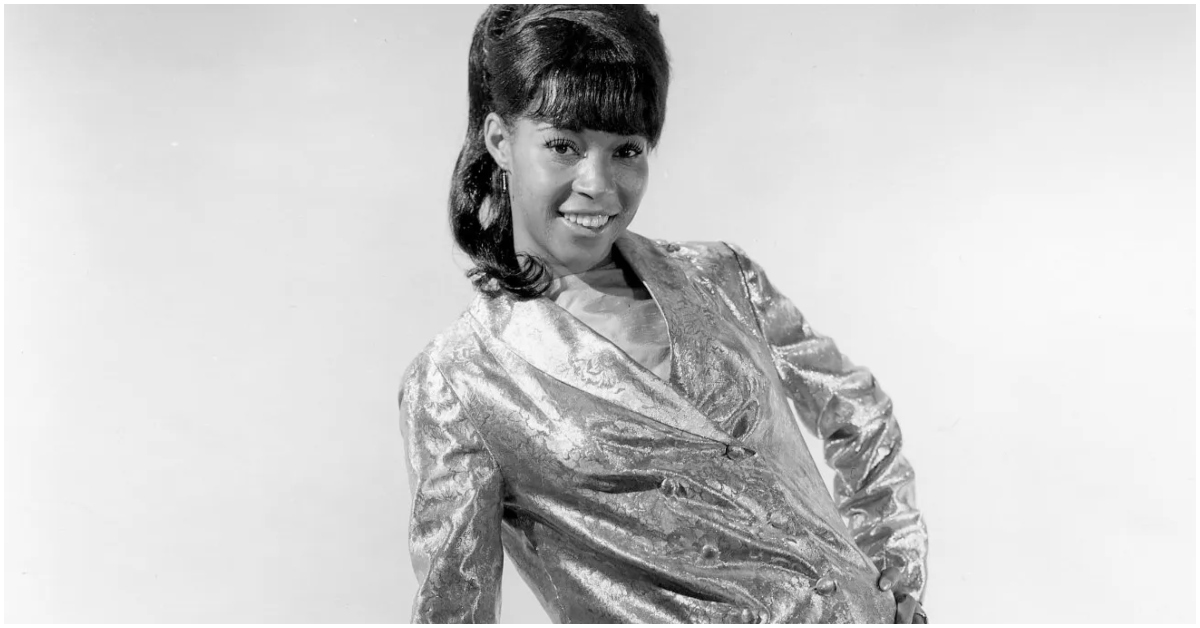Paving the Way in a White-Dominated Genre
Ages ago, in the world of country music, where the stage was predominantly occupied by White artists, Linda Martell’s rise to commercial success made history as a groundbreaking achievement.
As the first Black female artist to find mainstream recognition in the genre, she paved the way for future generations, defying the odds and breaking down barriers with her undeniable talent.
“Country music tells a story,” Martell said in a 2020 interview with Rolling Stone. “When you choose a song and you can feel it, that’s what made me feel great about what I was singing.”
A Trailblazer From South Carolina
Born Thelma Bynem in 1941 in Leesville, South Carolina, Martell grew up in the heart of the segregated South. Her father was a sharecropper, and her mother worked in a chicken slaughterhouse.
Despite the challenges of her upbringing, Martell’s love for music blossomed at an early age, singing gospel in her local church.
Embracing Her Stage Name
As a teenager, Martell formed a trio with her sister and cousin, performing R&B music in local clubs. It was during this time that a DJ named Charles “Big Saul” Greene suggested her stage name, “Linda Martell,” which she embraced.
“He said, ‘Thelma ain’t good for a stage name,’” Martell recounted. “He scribbled on a piece of paper and said, ‘Your name is Linda Martell. You look like Linda. That fits you.’”
In 1970, Martell released her debut and only studio album, “Color Me Country.” The album, recorded in a single 12-hour session, showcased her unique blend of country storytelling and soulful vocals.
The hit single “Color Him Father” peaked at No. 22 on the country chart, cementing Martell’s place in history as the first Black female country artist to achieve commercial success.
Overcoming Racial Discrimination
Despite her talent and achievements, Martell faced blatant racism and discrimination throughout her career. She was often heckled and called derogatory names during her performances, and some promoters even canceled shows upon learning of her race.
“You’d be singing, and they’d shout out names and you know the names they would call you,” Martell shared with Rolling Stone, reflecting on the prejudice she endured.
A Legacy Revived
Though her music career was short-lived, Martell’s impact on country music has been revived in recent years. In 2024, Beyoncé paid homage to the trailblazer by featuring her on the album “Cowboy Carter,” introducing Martell’s story to a new generation of listeners.
Martell’s granddaughter, Marquia Thompson, is also working on a documentary titled “Bad Case of the Country Blues: The Linda Martell Story,” ensuring that her grandmother’s pioneering spirit and resilience will continue to inspire future artists.




